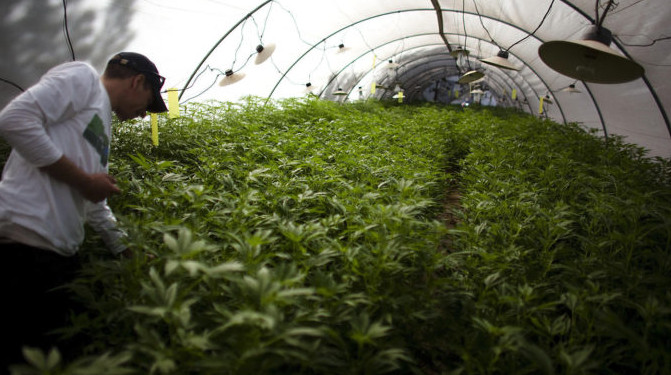If you live in Canada and have access to any kind of news in the country, you probably know that the government is gearing up to legalize weed next Canada Day (and you thought Canada 150 was a big celebration). It looks like it might not all be maple leafs and pot brownies next year, though. Officials are growing increasingly concerned that the legalization of weed will lead to organized crime trying to infiltrate the government’s system.
The argument of Trudeau and the Liberals in the debate over if we should legalize or not has been that legalization means government regulation, which will make everyone using marijuana safer. In an unregulated underground market, there are no standards or tests for what is in products, what they cost or who they are coming from. For decades, the marijuana business has been a billion dollar industry that operates tax-free and without quality assurance. That’s all going to change in less than a year.
There seems to be disagreement among Canadian news outlets whether there is mounting cause for concern over the involvement of organized crime in the soon-to-be legal system. Some cite evidence that groups like the Hells Angels have already infiltrated the medical marijuana business and will grow into the government-regulated recreational business next year. Others suggest that organized crime will lose interest in the Canadian market once it’s legal and have even started to pull out already. Canadian officials are preparing for the worst, though.
‘I don’t think that we should think the government or the police are naive about this at all,’ law professor Bill Bogart told Your Morning, ‘It’s not going to happen over night. It’s not a light switch… We’re going to have to take strenuous efforts to drive out the illicit trade but it’s important to ask yourself, ‘What’s the alternative?”
So if not organized crime, what are Bogart’s biggest concerns with transitioning to legalization? Officials need to have financial resources provided from the federal level to combat and drive out organized crime and regulate the entire system. Governments at all levels need to communicate and listen particularly to municipalities and what they believe needs to be done on the ground. He is also concerned about regulations that protect children in particular.
‘Municipalities need to have money for enforcement, but also for education, for prevention and to take care of the kids,’ Bogart said, ‘Kids need to be our first priority. We need to keep kids away from any kind of regular use of this drug.’
Clearly, there is still a lot to do before marijuana is officially legal next July. It will be interesting to see how the government handles the transition and what regulations they will put in place as more research is completed.
credit:420intel.com










